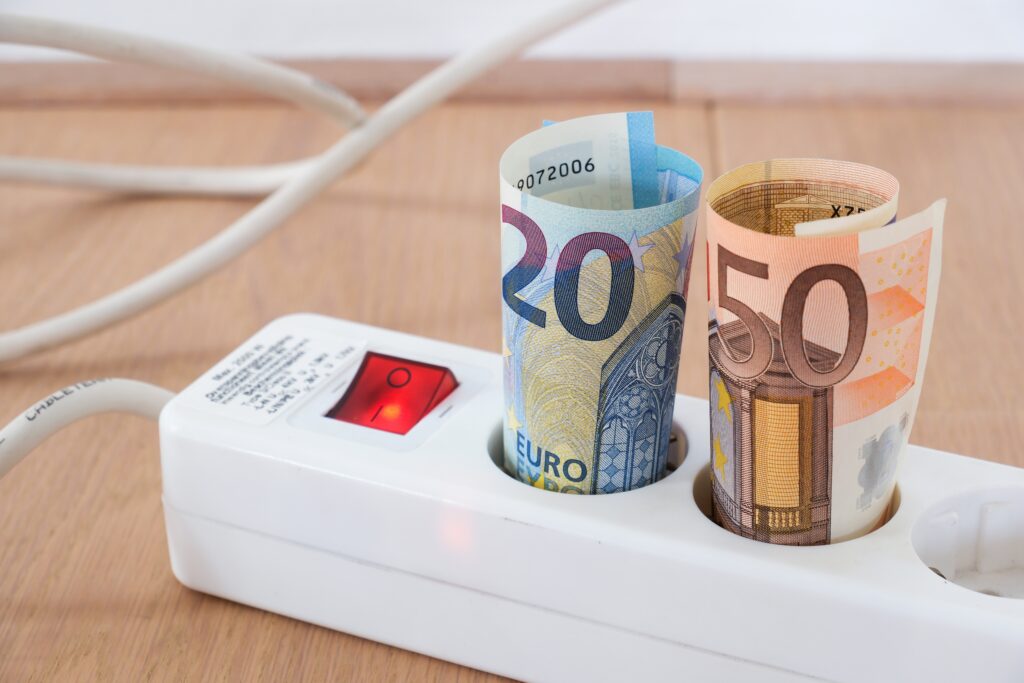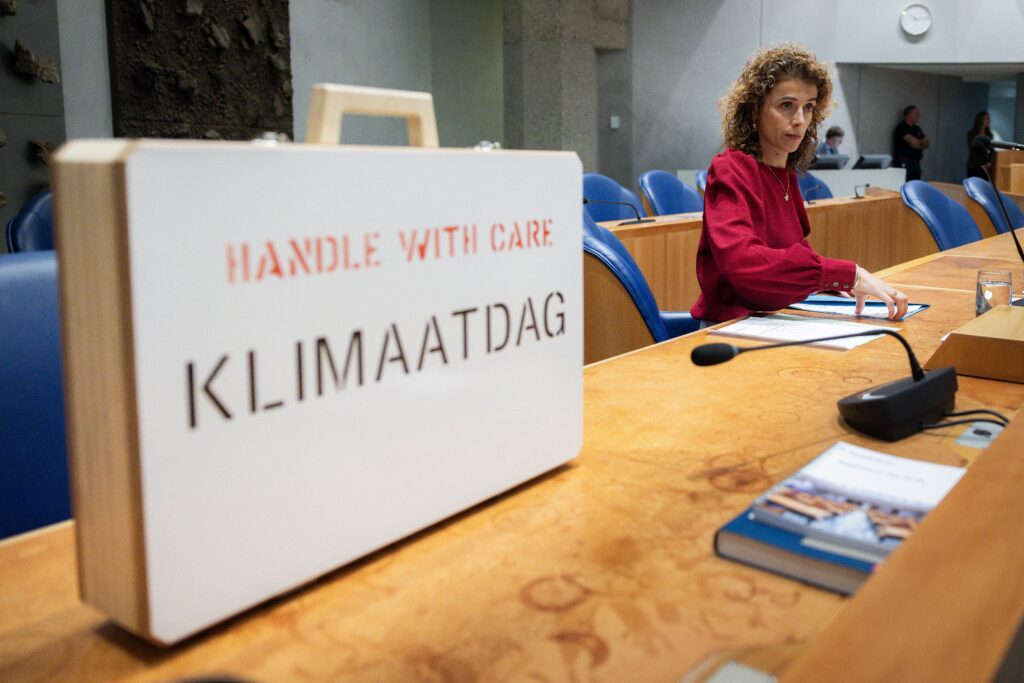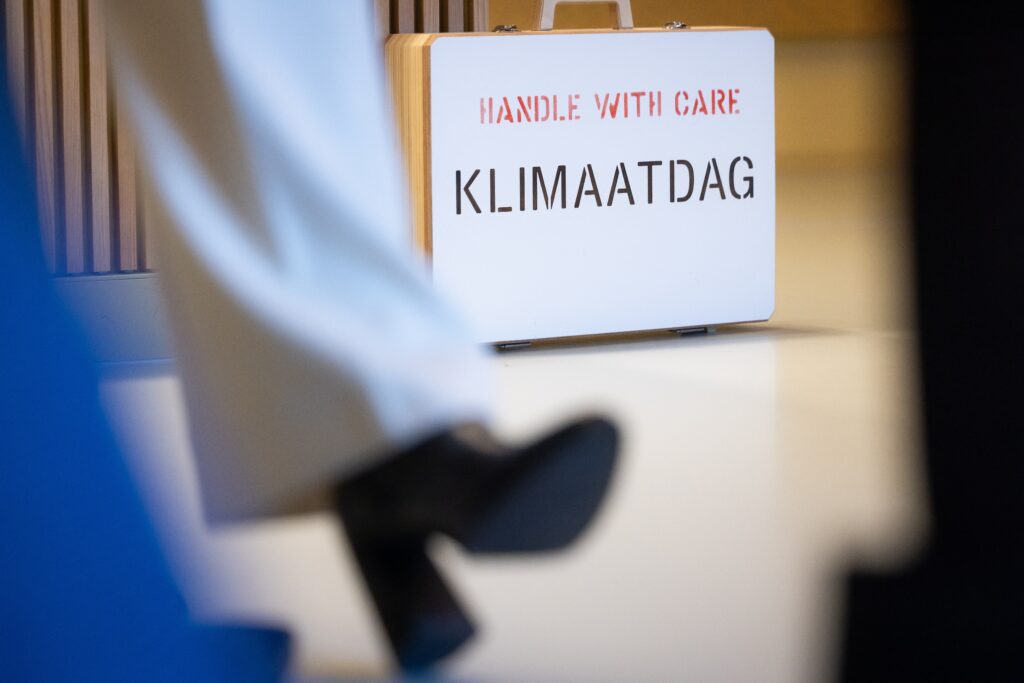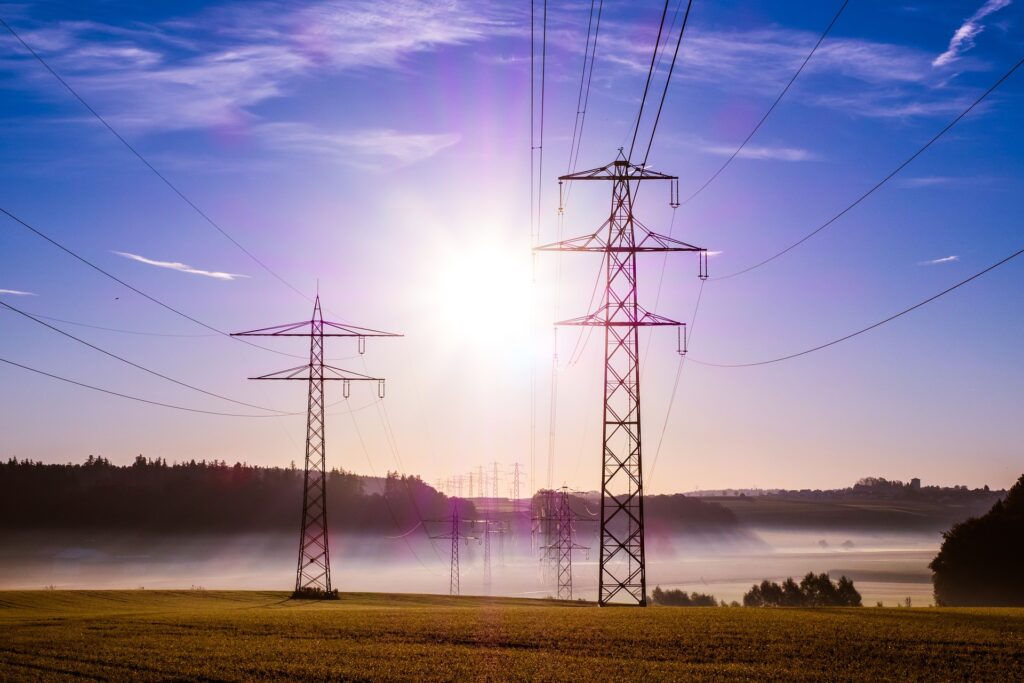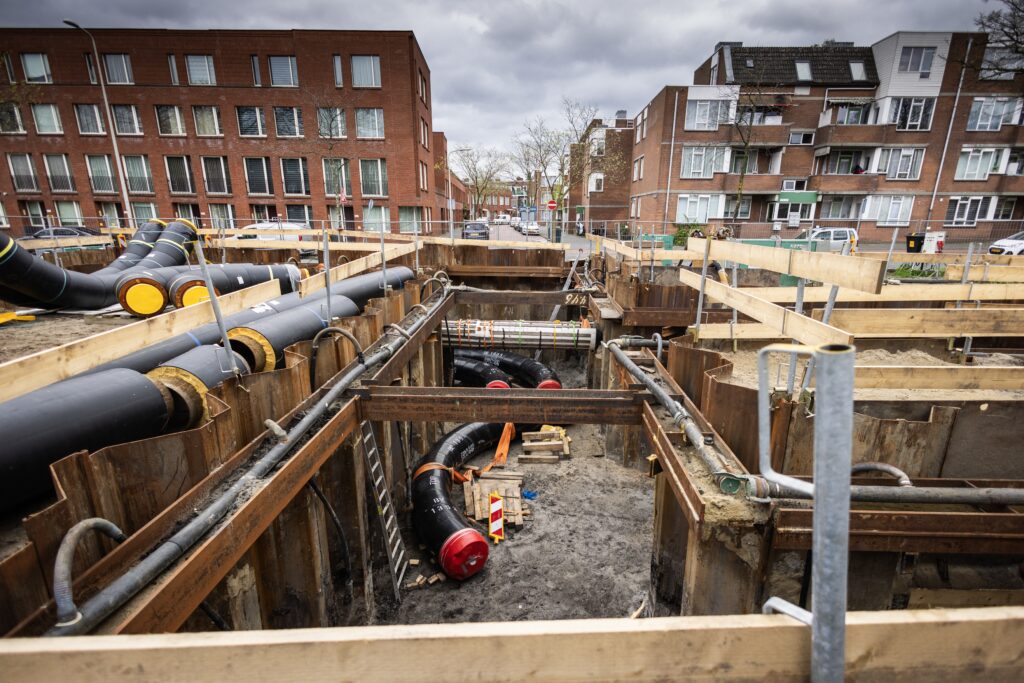Energie-Nederland is pleased that Parliament has adopted the Wgiw (Municipal Heat Transition Instruments Act). This law offers local administrators a number of clear powers to accelerate the heat transition in the built environment. The most important authority is that a council of mayors and aldermen can soon decide to end the supply of natural gas in a specific district or neighborhood, because a good sustainable alternative is available.
Making neighborhoods natural gas-free is the final step in a long process of at least 8 years, in which the municipality was previously able to make a decision about an alternative to natural gas, such as an all-electric heat pump or a heat network. Households can also choose to install a sustainable alternative other than the municipality’s preferred option. In any case, the Wgiw provides clarity for municipalities, residents, energy companies and grid operators about the moment when a district will be disconnected from natural gas and when the natural gas infrastructure will be removed.
Memorandum of Change in heating rates A Memorandum of Amendment has also been approved with the Wgiw on heat rates. This is not directly related to the Wgiw, but ensures that phase 1 of the intended new tariff regulation for heat rates from the proposed Collective Heat Act (Wcw) – already comes into effect. This would reduce the legally permitted rates. Energie-Nederland is concerned that this does make the affordability of heat slightly more favorable, but that it is paid for by companies. The costs for the heating companies remain the same, which reduces returns even further. Even lower returns have a dampening effect on new investments in heating networks.
It is not yet clear whether and when the Wcw will come into effect. The Council of State issued critical advice on this this week. The bill must be amended before it is sent to the House of Representatives.


